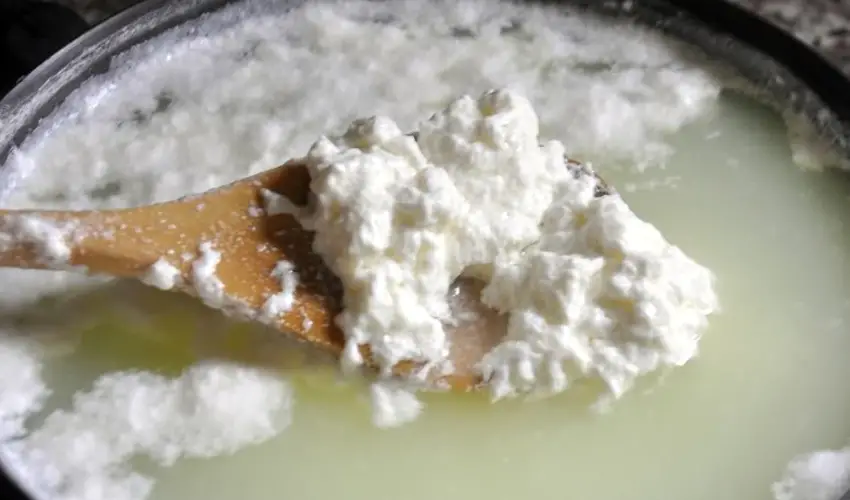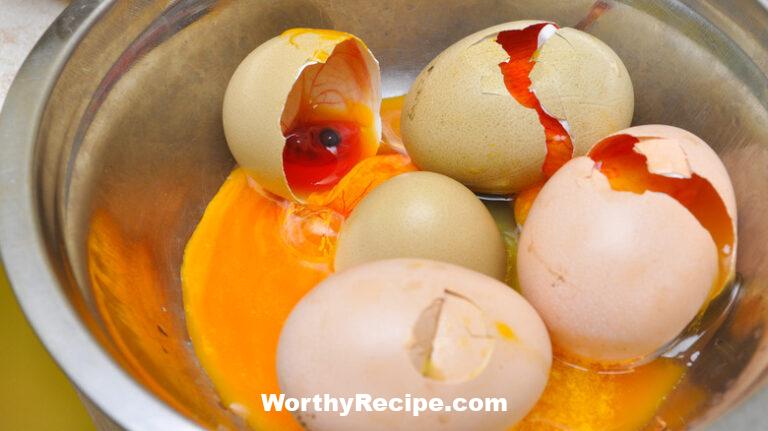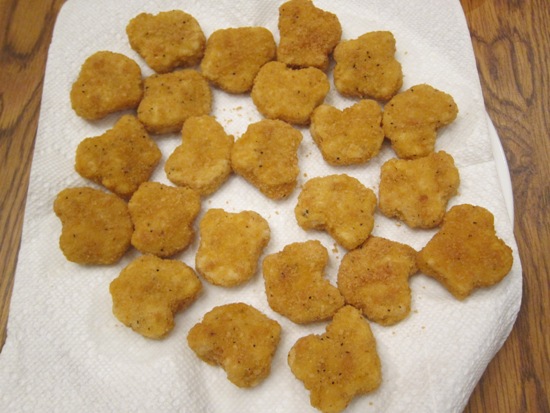As milk is a highly perishable product, it’s essential to know what happens when you boil spoiled milk. Spoiled milk is not only bad for consumption but may also pose a health risk due to the presence of harmful microorganisms. In this article, we’ll explore the topic in detail and provide you with all the information you need to understand the effects of boiling spoiled milk.
Spoiled Milk: Causes and Signs
Milk spoils when bacteria grow in it, which can happen due to several reasons, such as contamination during processing or storage at improper temperatures. The primary indication of spoiled milk is off odor and taste. It also changes its texture and appearance; it becomes thicker, clumpy, or curdled.
The Science Behind Boiling Milk
Milk contains proteins that are sensitive to heat treatment. These proteins denature when exposed to high temperatures (above 70°C) and cause coagulation in dairy products like cheese and yogurt. Similarly, boiling milk alters its structure and properties. When heated above 100°C, water molecules start evaporating from the surface of the milk foam on top; it generally contains impurities along with microorganisms that form from the protein denaturation process.
Boiling Spoiled Milk – What Happens?
When fresh milk boils, its fats and other components become homogenized through emulsification; however, boiled spoiled milk is different because bacteria have already acted upon it resulting in several undesired features such as:
- Changes in Texture: Boiling spoilt milk makes it thick like curd.
- Changes in Color: Boiled spoilt milk appears yellowish instead of white.
- Changes in Taste: It tastes sour because of lactic acid fermentation.
- Changes in Odor: A strong pungent odor results from bacterial growth.
Consuming boiled spoiled may lead to gastrointestinal issues whose symptoms include bloating stomach pain diarrhea nausea and vomiting.
Alternatives To Boiling Spoiled Milk
Instead of wasting spoiled milk, you can use it for other purposes, such as:
- Baking: Spoiled milk can be useful while making baked goods as the acid helps in tenderizing gluten.
- Cooking savory dishes: In some cultures, people boil spoiled milk to make a thickened curry base or a traditional dish called Kadhi. Many sauces also require acidic dairy products that soured milk can substitute.
- Making DIY beauty or cleaning products: Spoiled milk is known to contain lactic acid that has many skincare benefits. Additionally, when mixed with baking soda, it happens to be an excellent cleaning solution.
However, if you don’t want to repurpose the spoiled milk using any of these alternative methods then disposing of it is the right call.
Precautions For Dealing With Spoiled Milk
While dealing with spoiled milk, take adequate cautionary measures because bacteria present in them may harm your health. Here are some safety considerations for handling and disposing of spoilt milk.
- Store fresh milk properly: Keep your fresh milk refrigerated at 0°C–4°C temperature range until use because higher temperatures create favorable conditions for bacterial growth.
- Regularly Check Expiration Dates: Don’t forget to check the expiration dates on dairy products before purchasing so that you don’t end up with expired dairy products.
- If you suspect any unexpected odor or texture immediately dispose of it properly; otherwise, bacteria will continue growing even when refrigerated.
If consumed accidentally boiled spoilage contaminated with harmful microorganisms can cause severe food poisoning and allergic reactions in some individuals. So be careful not to consume something that smells sour or off similarly never mix fresh milk with spoilt ones
Conclusion
In conclusion, boiling spoiled milk creates further undesirable changes but instead consider reusing it. You can bake with spoiled milk or add it to savory dishes like curries and sauces. Apart from this, you can utilize the lactic acid in spoiled milk for beauty treatments and cleaning solutions. Always make sure to store your fresh milk following safety guidelines and keep an eye on expiration dates to ensure that your dairy products are safe to use.
Q&A
- Q: Can you boil spoiled milk to make it safe to consume? A: Unfortunately, boiling spoiled milk will not make it safe to drink. Spoiled milk contains bacteria that can potentially cause food poisoning and boiling it may not necessarily kill all the harmful bacteria.
- Q: What are the signs of spoiled milk? A: Signs of spoiled milk include a sour or off smell, curdled consistency, discoloration, and a sour taste. If you notice any of these signs, it’s best to dispose of the milk.
- Q: What is the best way to prevent spoilage of milk? A: The best way to prevent spoilage of milk is to store it in a cool temperature below 40°F (4°C) and avoid exposing it to direct sunlight. Make sure also to check the expiration date before purchasing or using it.
- Q: Can boiled spoiled milk be used for cooking instead? A: It is still not advisable to use boiled spoiled milk for cooking as harmful bacteria can still be present even after boiling. It’s better to discard spoiled milk and use fresh ones for cooking your favorite recipes.





